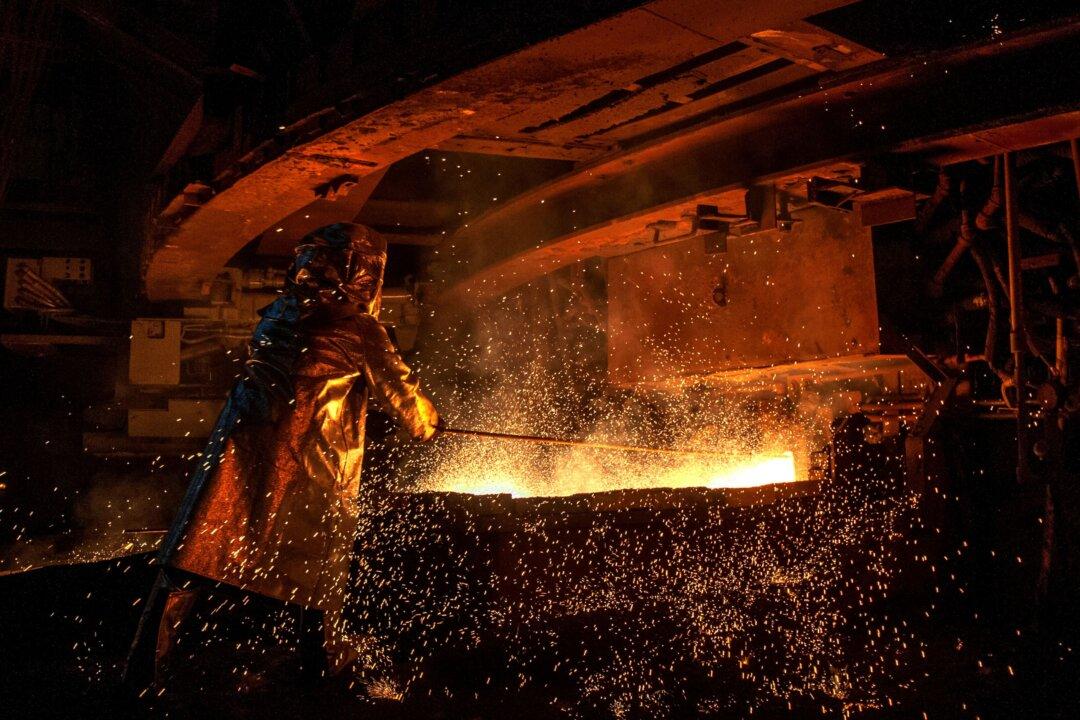Indonesia’s president said Thursday that his government is considering imposing a tax on nickel exports this year to increase revenue and promote higher-value local manufacturing.
The nickel export tax is intended to “add value” to Indonesia, raise state revenues, and create more job opportunities for Indonesians, President Joko Widodo said in an interview with Bloomberg.





